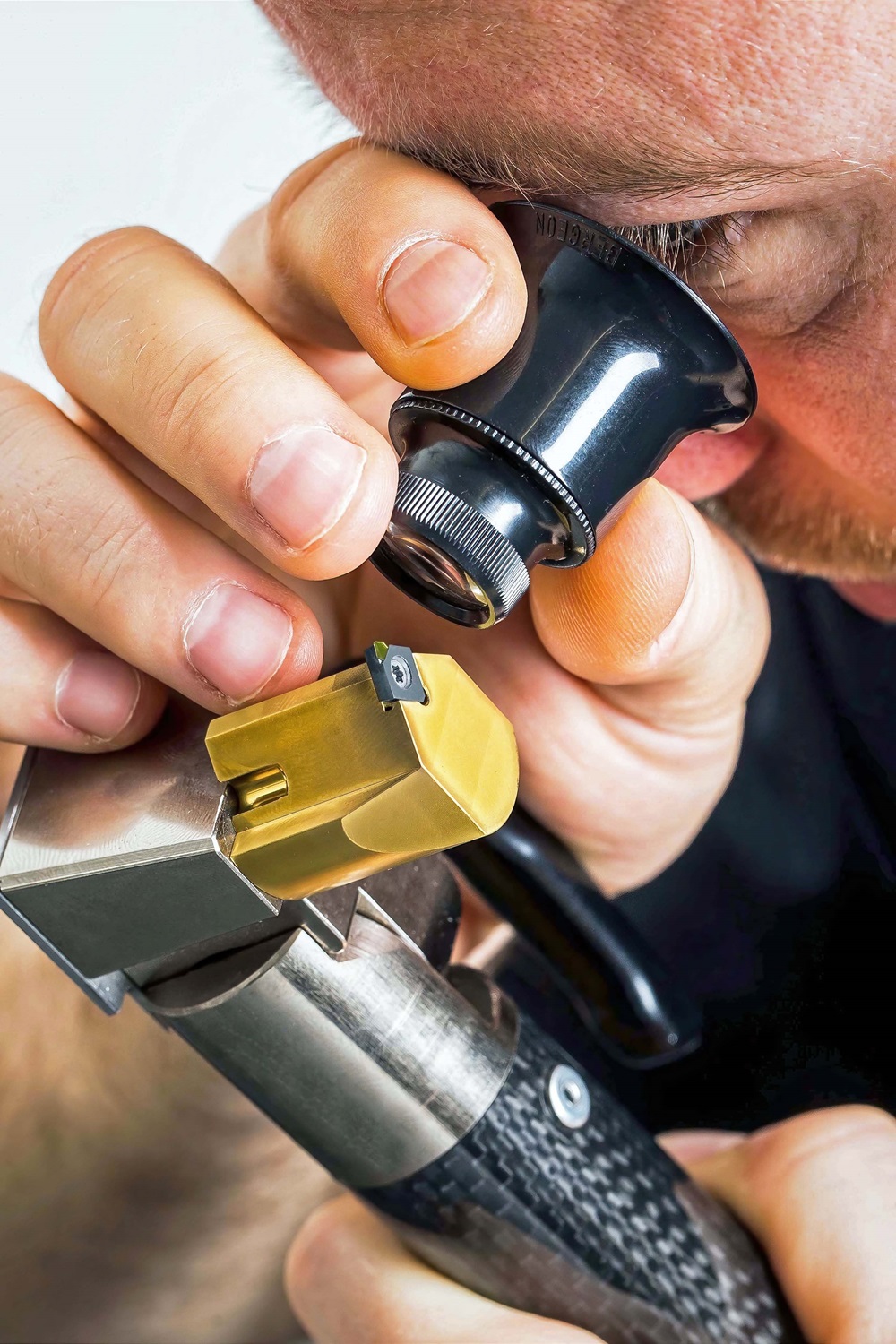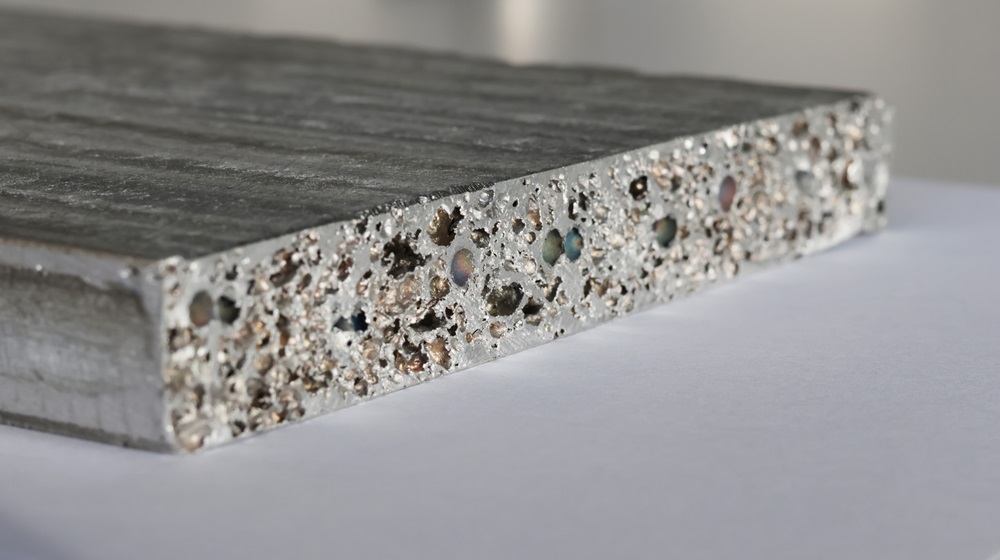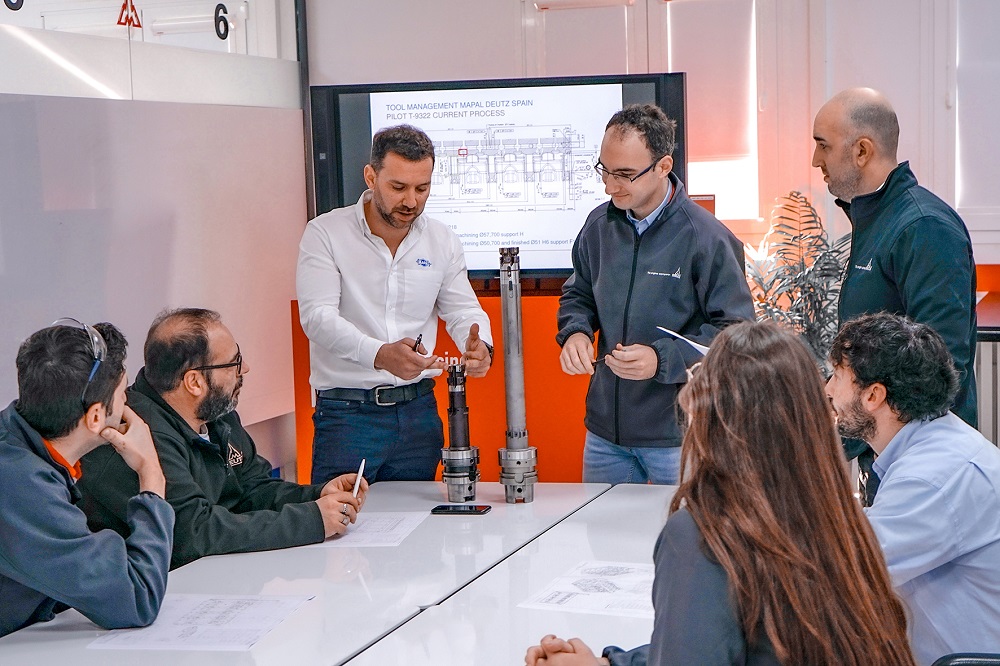The Loroch range of circular saw-blade grinding machines from Vollmer has seen a software update to the Twin 860 machine, a ‘2-in-1’ solution for grinding metal saw blades with CBN abrasive and TCT blades for the metal-cutting and wood industries. The new software can be integrated into new and existing machines to create new business opportunities for manufacturers.
Users of the Loroch Twin 860 can purchase four different software packages. The software program for ‘skip-tooth’ processing on circular knives and saw blades opens many new business opportunities for Vollmer customers. Perfect for generating a randomly arranged sequence of teeth and gaps, it is even possible to process saw blades with pointed and curved teeth. Skip-tooth blades are versatile enough for everything from wood and plastic to bone and Corian, meaning manufacturers can now grind and re-grind skip-teeth saw blades for use in the food, medical and FMCG industries.
The plunge grinding program is another software introduction that can benefit the food industry supply chain. Developed for processing circular knives with any number of plunges, the shape of the grinding wheel is reproduced in every case. The number of teeth can either be distributed evenly around the circumference or ground one after the other on a limited segment. Users can even create micro-tooth wave profiles by entering different plunge depths for successive teeth. Manufacturers can now apply V-pointed grinding wheels or wheels with EDM-generated profiles to reduce production times.
Loroch experts have also created a software program for circular knives to accommodate single or double-sided grinding. The software combines with the kinematics of the Loroch Twin 860 machine to permit a maximum bevel angle of 75° at the front and 60° from the back.
More information www.vollmer-group.com



















